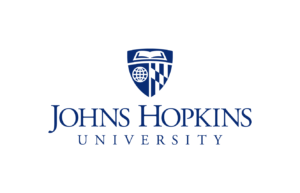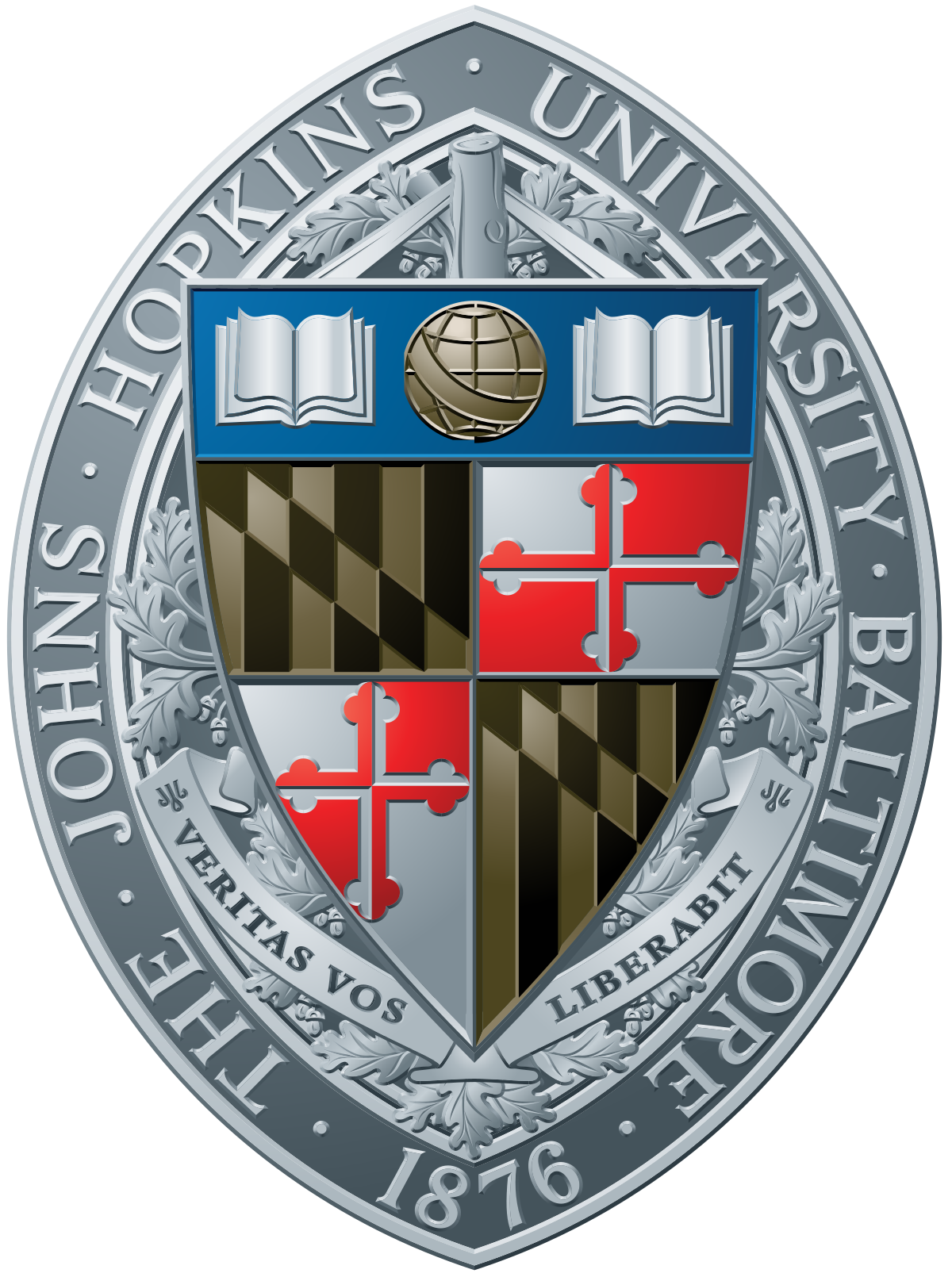
Johns Hopkins Undergraduate Music Programs
This school appears in our ranking of the 10 Best University Jazz Programs 2017-2018. The Peabody Institute at The Johns Hopkins University is a music conservatory that offers a number of programs for students. These programs award graduates a Bachelor of Music degree. The BM in Jazz program is suitable for those who sing or play an instrument, including the clarinet, guitar or flute. Students will need to take courses like:- Jazz Arranging and Composition
- Jazz Fundamentals
- Jazz History
About Johns Hopkins University
Johns Hopkins University is a private university in Maryland. It offers hundreds of majors and degree programs for undergrad and graduate students. George Peabody donated $800,000 to establish the campus and construct some of its first buildings. It ranks as one of the best conservatory schools in the nation. It’s one of the only schools in the country that offers doctoral programs for music majors. Tori Amos is just one of the students who attended the Institute and found success later. The Peabody Institute operated as a separate school for many years. It developed an association with JHU in 1977 to give its students more opportunities. Students can now take liberal arts classes and other classes through JHU while earning a degree through the Institute. The Institute also offers music education programs. This allows students to do placements and take education courses through JHU while studying music and gaining performance experience. Both ARWU and U.S. News & World Report rank JHU in the top 20 of all colleges in the United States. Enrollment across all JHU programs, including students enrolled in programs at the Peabody Institute, is more than 20,000 students. Many also consider this university one of the more selective schools in the nation. Less than 20% of those who apply each year are accepted.Johns Hopkins University Accreditation Details
Johns Hopkins is accredited by The Middle States Commission on Higher Education (MSCHE). This form of accreditation is important for students who may want to transfer credits to or from the school. It’s also important for students who want to use financial aid to help pay for school. The university also has accreditation from other specialty organizations like the APA, which accredits its psychology programs. Many of these organizations accredit its healthcare and medical programs. Johns Hopkins also has accreditation from the National Association of Schools of Music (NASM). This applies to all the music programs available through the Peabody Institute.Johns Hopkins University Application Requirements
Students applying to one of the JHU music programs will need to meet the application requirements of the university and the requirements of the Peabody Institute itself. The Institute has its own online application. Students need to fill out information about their education history and any performance experience they have. Students applying to some programs will need to submit either a portfolio or a video that shows them performing. The Institute uses that video to pre-screen students and determine which ones will come in for an audition. Most vocal and instrument programs require students to audition and perform live in front of professors working for the school. All its computer music and new music programs require that students submit a portfolio of their relevant work. Other requirements include three letters of recommendation from professors, music teachers and others who are familiar with the student. Also required is a score from the ACT or SAT. Students will need to fill out a form that lists the two teachers they most want to work with when they enroll. The Institute asks for a repertoire list to gain more information about the student’s history. It also for an essay that the student writes on a given topic. Students applying to the Peabody Institute must also submit an official high school transcript.Tuition and Financial Aid
The school charges a flat tuition rate of $46,328 for all students enrolled in one of its music programs. This figure covers:- the cost of tuition
- the private lessons that the student takes
- any miscellaneous fees
Related Resources:
5 Great Scholarships for Jazz Musicians
